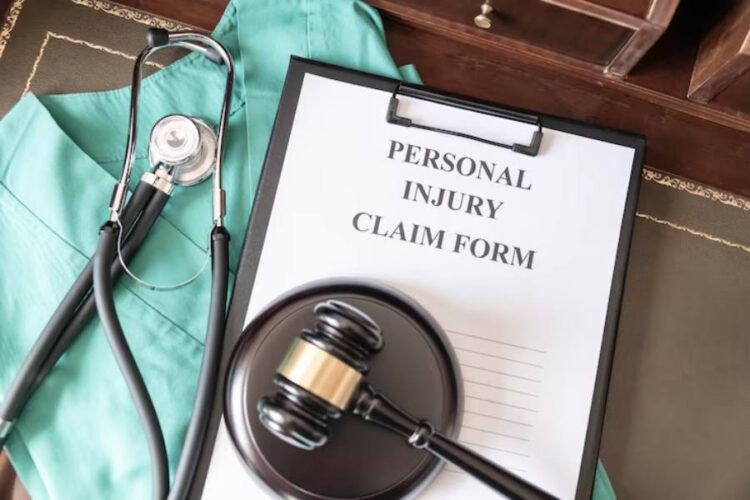If you’ve been injured due to someone else’s negligence, the aftermath can feel chaotic. Between dealing with pain, missed work, and the stress of recovery, it’s easy to overlook the most important tool for protecting your rights: documentation.
Solid, well-organised records don’t just help — they can make or break your personal injury claim. The stronger your evidence, the harder it is for insurance companies to delay, deny, or undervalue your case.
Why Good Documentation Is So Important
When you file a personal injury claim, you’re making a case that someone else is legally responsible for your injury — and that you deserve compensation. But no matter how clear things seem to you, it all comes down to proof.
This is why legal teams like Simon Bridgers Spires emphasise documenting everything early and often. A clean, comprehensive paper trail can do more than just support your story — it builds credibility and gives your lawyer leverage to negotiate.
Start Immediately: What to Document First
Even if you’re shaken up or in pain, start documenting as soon as possible after the incident. Here’s what should be on your list:
Photos and Videos
- Take clear pictures of the scene, your injuries, and any damage.
- Include environmental details like weather, road signs, or unsafe conditions.
- Use timestamps if your phone doesn’t do this automatically.
Witness Information
- Get names and contact details of anyone who saw what happened.
- Ask them (politely) if they’d be willing to make a statement later.
Your Personal Notes
- Write down exactly what happened while it’s still fresh.
- Include the time, location, what you were doing, and how you felt after.
- Track your pain levels or mobility issues day-to-day.
Medical Records: Your Most Critical Evidence
If you don’t seek medical treatment — or you delay — insurers may claim your injuries weren’t serious. Keep every medical document, including:
- Hospital admission records
- Diagnosis and imaging results
- Treatment plans and follow-up appointments
- Prescriptions and rehabilitation notes
- Bills, receipts, and any out-of-pocket expenses
Attend all recommended appointments and follow your doctor’s advice closely. Gaps in treatment can seriously weaken your case.
Track All Financial Losses
Your injury may cost more than you realise. Keep detailed records of:
- Time off work and lost wages
- Reduced hours or changes in job duties
- Travel to and from medical appointments
- Help at home (cleaners, carers, etc.)
- Medical equipment or home modifications
Create a simple spreadsheet or folder to stay organised.
Don’t Overlook the Emotional Impact
Injuries affect more than your body — they disrupt your daily life and mental health too. While harder to quantify, emotional suffering is still considered in compensation. You can document it by:
- Writing in a daily journal
- Noting missed events or hobbies
- Saving communication with counsellors or support workers
- Logging sleep issues or ongoing anxiety
This kind of evidence can help justify claims for pain and suffering.
Organising Your Documents for Maximum Impact
Being organised helps your legal team work efficiently and signals to insurers that you’re serious. Here are a few simple tips:
- Use labelled folders (physical or digital) by category: medical, financial, personal notes
- Keep digital backups in case anything gets lost
- Avoid handing over originals — make copies to share with your lawyer
- Store everything in one place so it’s easy to access when needed
When to Get Legal Help
If you’re unsure whether you’ve got enough documentation, or you just want to make sure your claim is as strong as possible, don’t wait to seek advice. Personal injury lawyers can review your case, identify gaps, and help you avoid common mistakes that could cost you later.
The earlier you speak with a lawyer, the easier it is to collect what you need — and the less stressful the process becomes.
Your injury might have been out of your control — but how you document it is entirely up to you. By keeping thorough records, you give yourself the best possible chance of a fair outcome.










